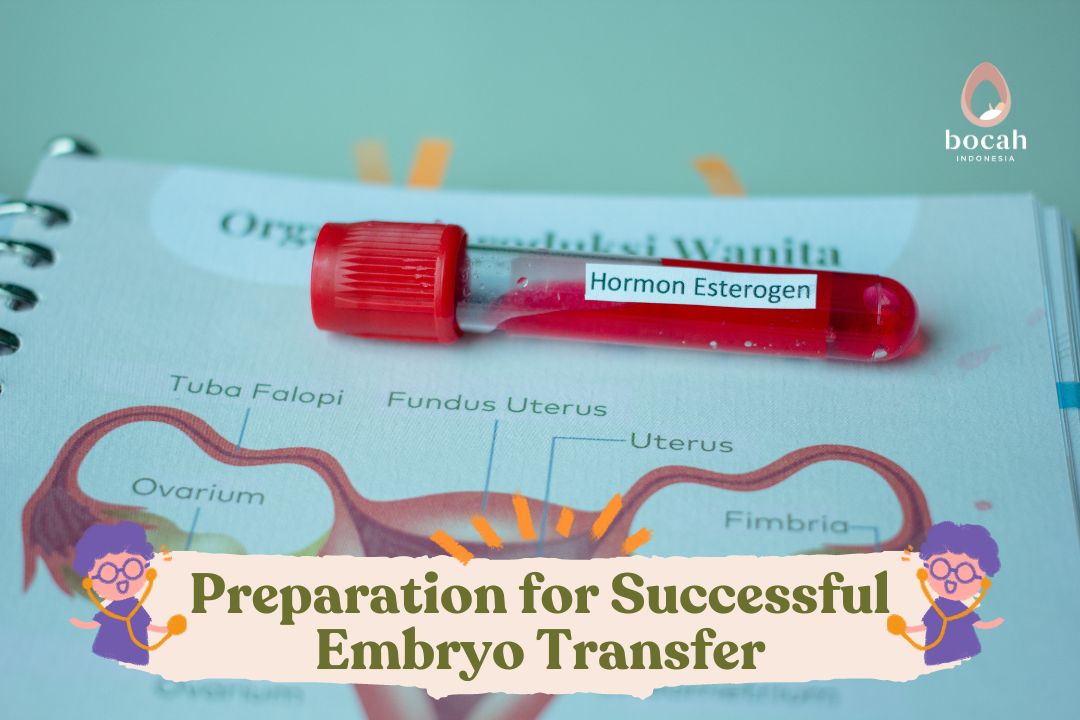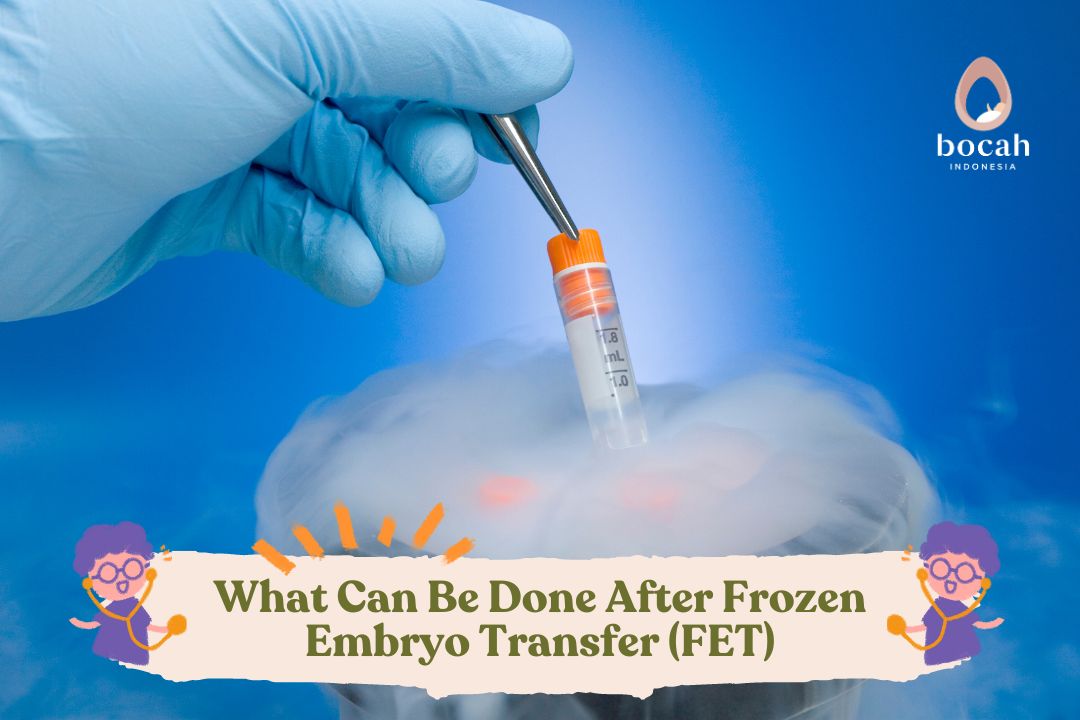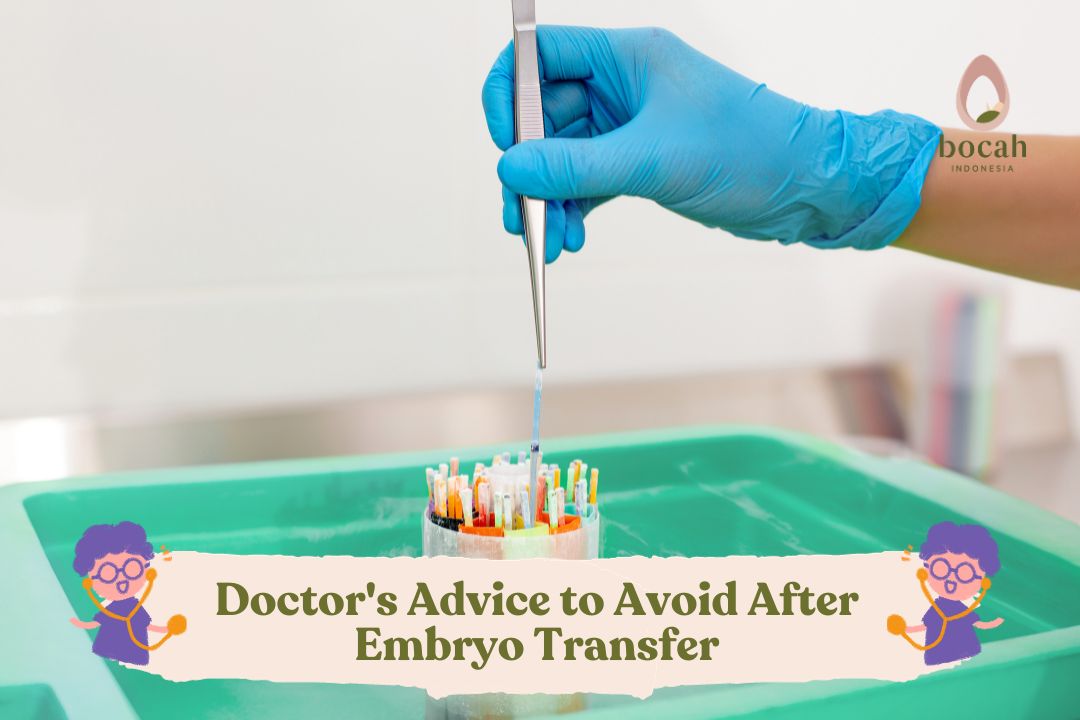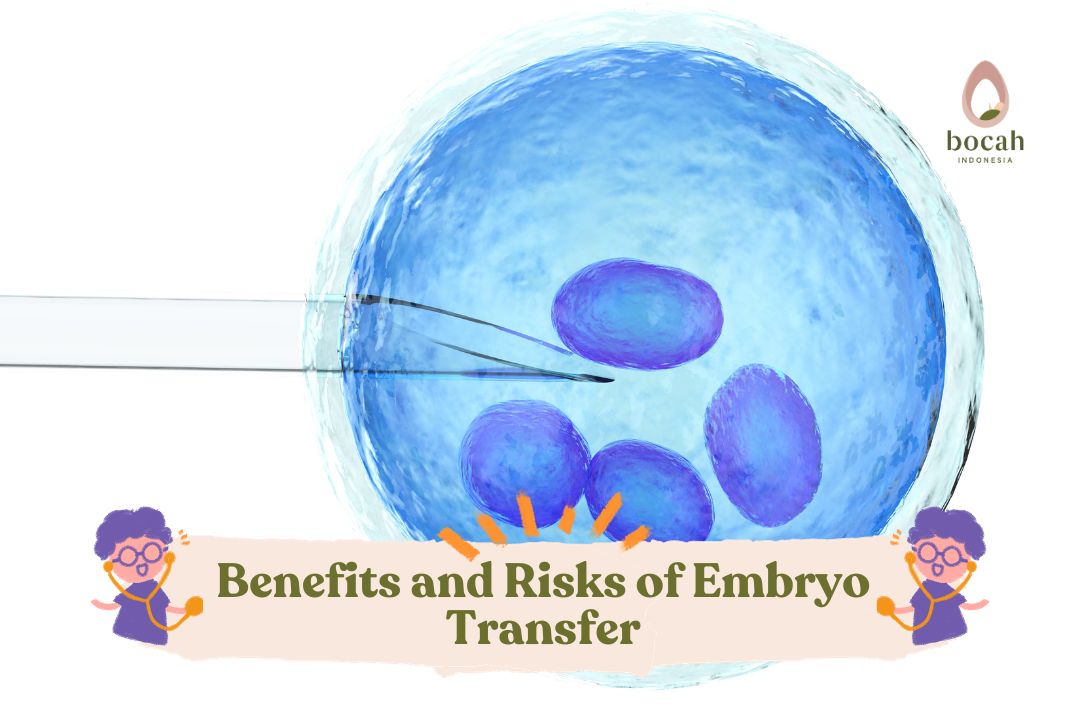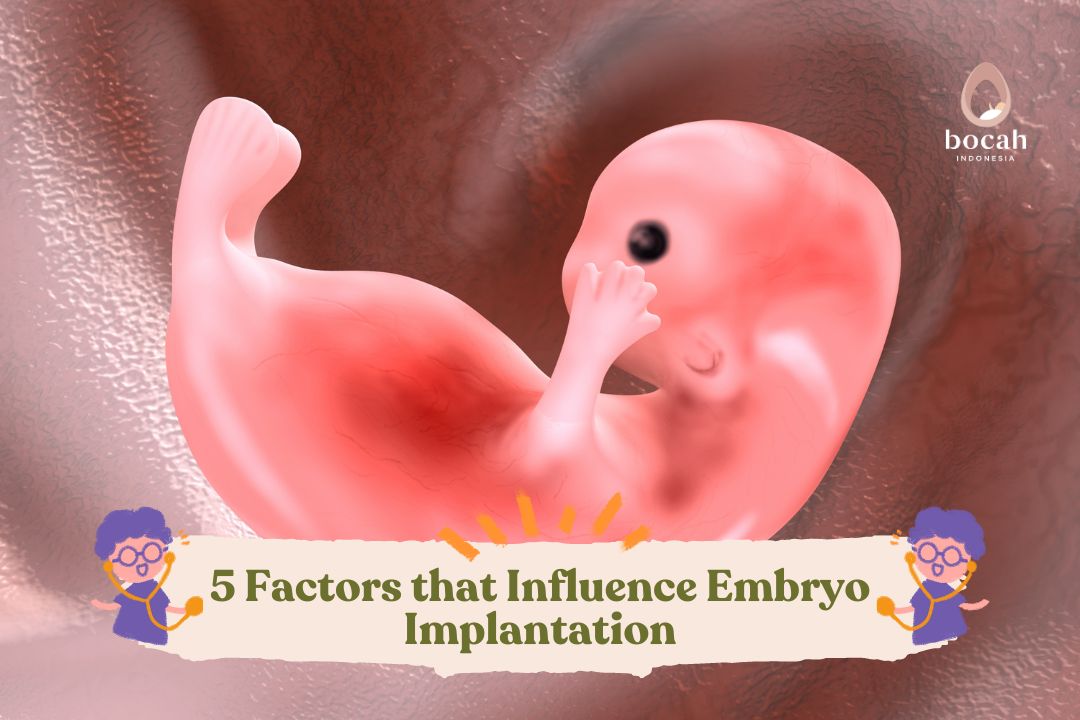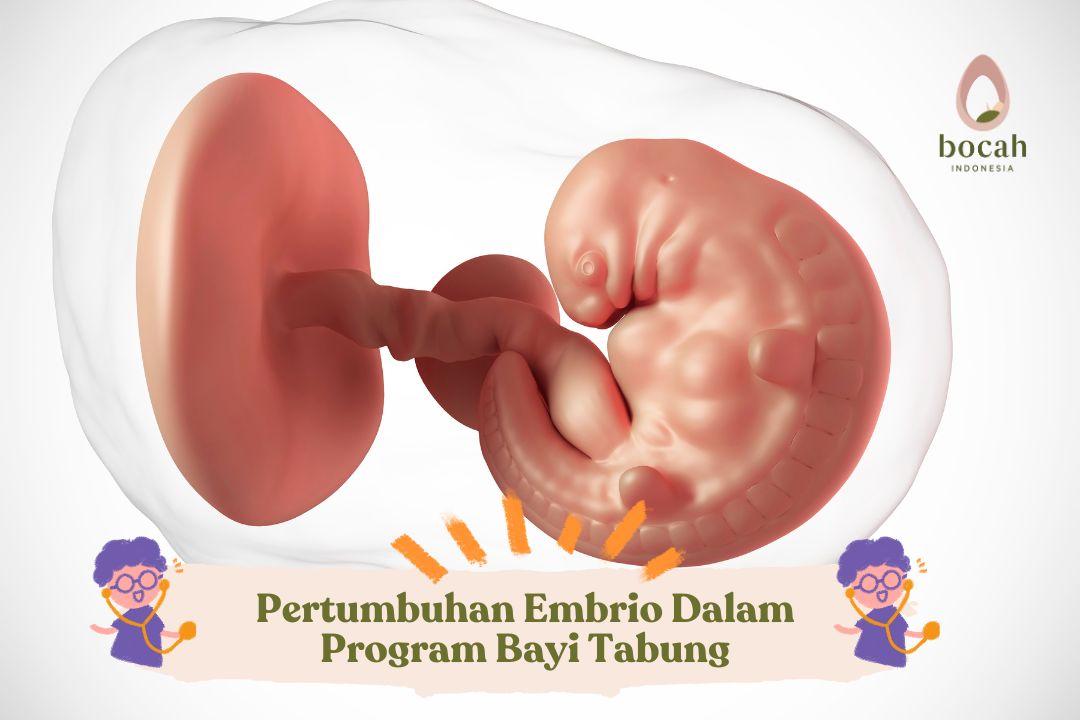Frequent Urination, A Sign That The Embryo Has Successfully Attached?
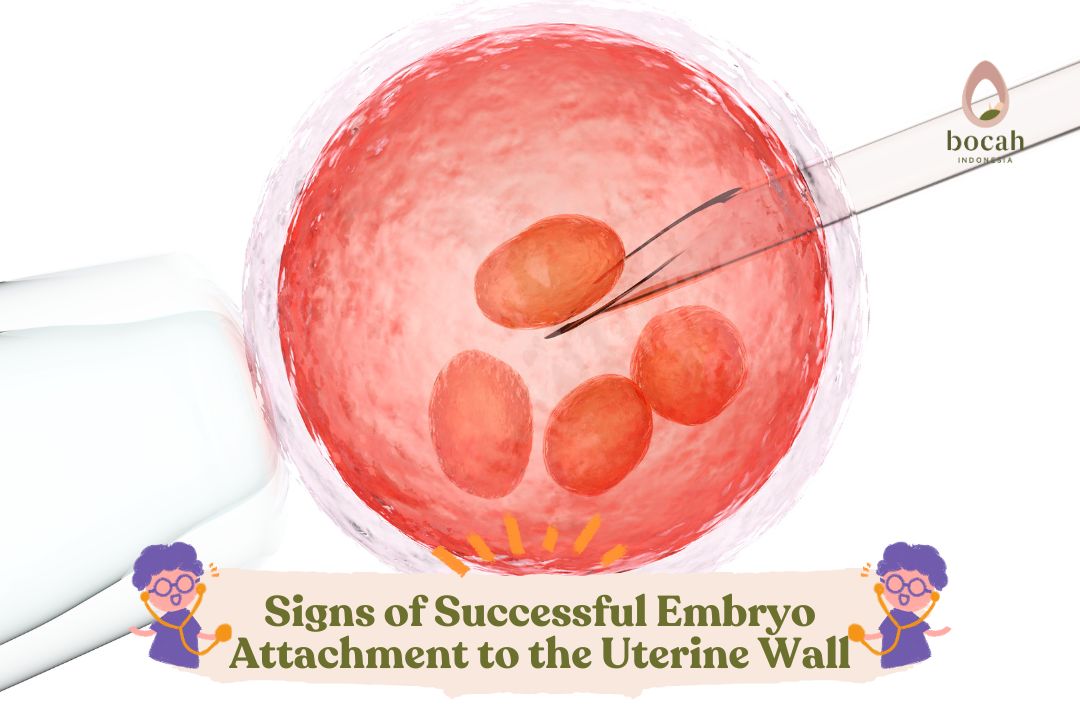
The process of the embryo attaching to the uterine wall is called implantation. Implantation can be characterized by features that parents can recognize. Did you know, parents, that successful fertilization is marked by the embryo attaching to the uterine wall? This process is known as implantation where the egg that has been fertilized by sperm in the fallopian tube will move towards the uterus.
Subsequently, the embryo will attach to the uterine wall which will then develop into a fetus. Implantation occurs within 5-10 days after fertilization. However, this is often not realized by many mothers. Even so, there are several signs or symptoms of the embryo successfully attaching to the uterine wall.
Signs of Embryo Attachment to the Uterine Wall
When the embryo successfully attaches to the uterine wall, it often goes unnoticed by parents. There are several signs of a successful embryo attachment to the uterine wall.
1. Implantation Bleeding
When the embryo successfully attaches to the uterine wall, one of the signs that mothers may experience is implantation bleeding. Don’t worry; the bleeding is not as heavy as you might think. This condition is also known as spotting because the amount of blood discharged is usually just a light pink or brownish stain.
Unlike menstrual bleeding, implantation bleeding lasts only for 1-2 days. Typically, it is also accompanied by mild cramps.
Tanya Mincah tentang Promil?
2. Abdominal Cramps
You might not be able to distinguish between menstrual abdominal cramps and cramps during implantation. Although both involve cramping, they are different. Cramps during implantation tend to resolve more quickly than menstrual cramps.
If menstrual cramps are accompanied by a gradual increase in bleeding volume, implantation cramps may be accompanied by other pregnancy symptoms.
3. Bloating
When the embryo successfully attaches to the uterine wall, one possible symptom is a feeling of bloating. This occurs due to hormonal changes that slow down the digestive system. This condition can cause bloating and constipation.
4. Nausea
The implantation process is an early stage of pregnancy and is often accompanied by nausea. Nausea typically occurs 4-6 weeks after the successful fertilization of the egg. This symptom is commonly referred to as morning sickness.
Expecting mothers experience this condition in the early stages of pregnancy because the hormone human chorionic gonadotropin (hCG), which is a pregnancy hormone, increases.
5. Frequent Urination
One of the signs of successful implantation experienced by mothers is an increased frequency of urination. This condition occurs because during implantation, there is an increase in blood flow within the body. When blood flow volume increases, the kidneys process the contained fluids and expel them as urine.
Furthermore, when the embryo successfully attaches to the uterine wall, hormonal changes occur, leading to an increased frequency of urination.
6. Late Menstruation
If you experience a late menstrual period, this condition can indicate a successful implantation, which signifies pregnancy. When the embryo successfully attaches to the uterine wall, there is an increase in hormones that can cause the uterine lining to thicken during pregnancy, preventing the shedding of the uterine lining that would lead to menstruation.
7. Breast Changes
Changes in your breasts that you may experience, such as tenderness or increased sensitivity when touched, occur after 1-3 weeks following fertilization. This is due to an increase in the hormone progesterone in early pregnancy, which stimulates the growth of breast glands.
Other conditions that may occur include an enlargement of the breasts and darker, more prominent nipples.
If you experience any of the above conditions, it indicates a successful embryo attachment to the uterine wall, which is the beginning of pregnancy. You can take a pregnancy test using a home pregnancy test kit or consult a doctor right away.
Well, we hope the information above can help you! Interested in learning more about pregnancy-related topics? Read other articles on Bocah Indonesia.
Source:
- American Pregnancy Association. What is Implantation Bleeding?.
- Kim, S.M., Kim, J.S. (2017). A Review of Mechanisms of Implantation. Dev Reprod. 2017 Dec; 21(4): 351–359.
- Jeanmonod, R., et al. Vaginal Bleeding. Treasure Island (FL): StatPearls Publishing; 2023 Jan-.


